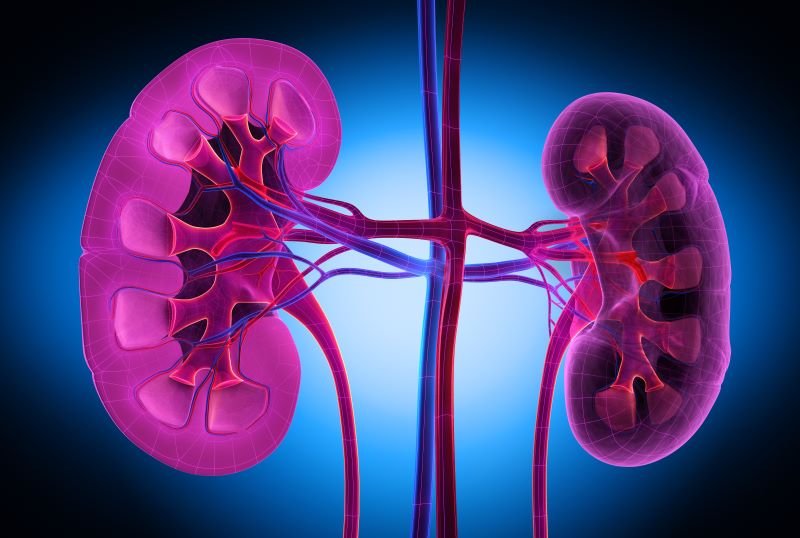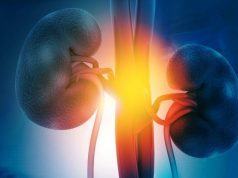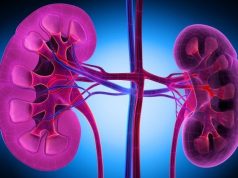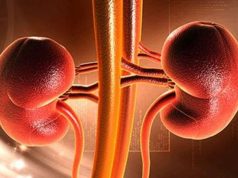Hemoglobin glycation index was second most robust predictor of chronic kidney disease, following low eGFR
By Elana Gotkine HealthDay Reporter
TUESDAY, Nov. 21, 2023 (HealthDay News) — Hemoglobin glycation index (HGI) is a novel risk factor for incident chronic kidney disease (CKD) in the general population, according to a study published online Nov. 1 in the Journal of Clinical Endocrinology & Metabolism.
Yasuto Nakasone, M.D., from the Aizawa Hospital in Matsumoto, Japan, and colleagues examined the impact of HGI as a predictor for incident CKD in the general population in a study using data from 23,467 CKD-free individuals followed for a mean of 5.1 years.
The researchers found that CKD developed in 2,540 individuals, and following low estimated glomerular filtration rate (eGFR), HGI was the second most robust predictor for CKD. The hazard ratio of HGI for CKD was 1.293 after adjustment for 11 covariates, including age, systolic blood pressure, and eGFR. The population attributable risk for HGI was 4.2 percent for CKD. In a subgroup of 708 individuals who were propensity score matched in a 1:1 ratio for nine covariates, HGI was significantly increased in individuals with CKD (median, â0.208 versus â0.284).
“Up to now, we have had only limited tools to predict future CKD for individuals who do not suffer from conventional risk factors, such as diabetes and hypertension,” the authors write. “From this point of view, the 4.2 percent is not a small figure, because the denominator is the apparently healthy general population.”
Copyright © 2023 HealthDay. All rights reserved.








